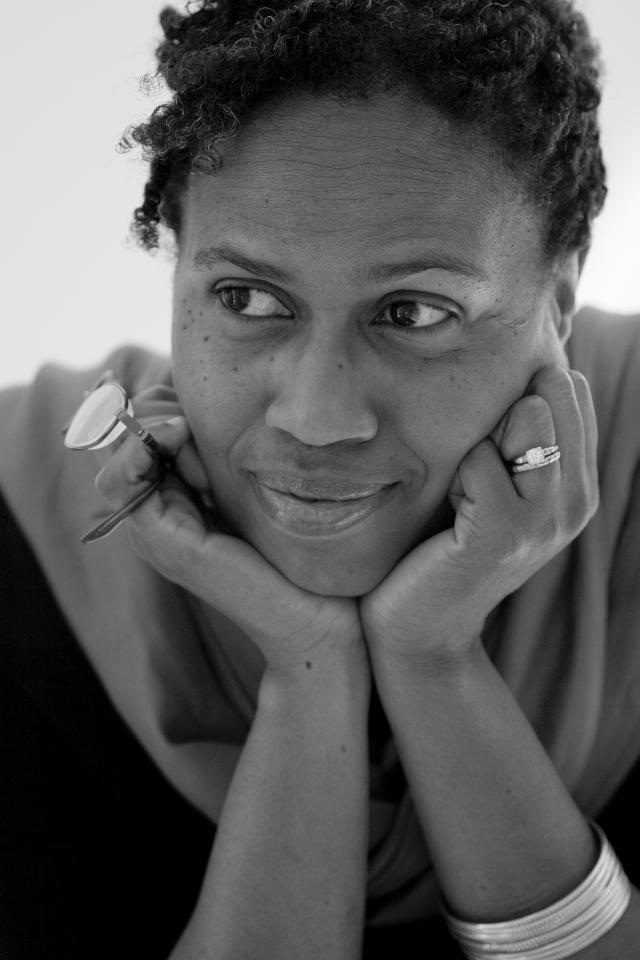An award-winning poet and children’s book author is coming to Longwood to read from her work and discuss common themes in her titles.
Janice N. Harrington, who won a National Endowment for the Arts Literature Fellowship for Poetry and a Rona Jaffe Foundation Writers’ Award for emerging women writers, published her first book of poetry, Even the Hollow My Body Made Is Gone, in 2007. It won the A. Poulin, Jr. Poetry Prize from BOA Editions and the Kate Tufts Discovery Award. Two more books, The Hands of Strangers: Poems from the Nursing Home and Primitive: The Art and Life of Horace H. Pippin, followed.
Harrington will speak in Wygal Hall’s Molnar Recital Hall at 8 p.m. on Wednesday, April 10. The event is free and open to the public, and the community is warmly invited to attend.
“It’s difficult to state how powerful Janice Harrington’s poetry is,” said Dr. Craig Challender, professor of modern American literature. “She creates images and themes of memory, folklore and struggle that defined much of her early life, and has developed those themes into several fantastic children’s books and three well-received collections of poems. We are happy to welcome her to Longwood and hear from her work.”
Her children’s books—Going North, The Chicken-Chasing Queen of Lamar County, Busy-Busy Little Chick, and Catching a Storyfish—have won the Ezra Jack Keats Award from the New York Public Library and the Cybils Award for the year’s best fiction picture book, and have been selected by Time magazine as a top children’s book.
Pulitzer Prize-nominated poet Adrian Matejka praised her third book of poems, saying that she “shows us the great revelations possible in the intersections of history and poetry. These elegantly-crafted poems explore the aftermath of war, Jim Crow America, and American visual art through the life and art of the painter Horace H. Pippin. . . . It is through Pippin’s pictures and pigments, both paint and skin, that we see the complex beauty of the artist—a beauty that announces itself in bold colors in spite of the bigger machines of oppression that so often worked in opposition to his artistry.”
Harrington teaches in the creative writing program at the University of Illinois.



Leave a Comment